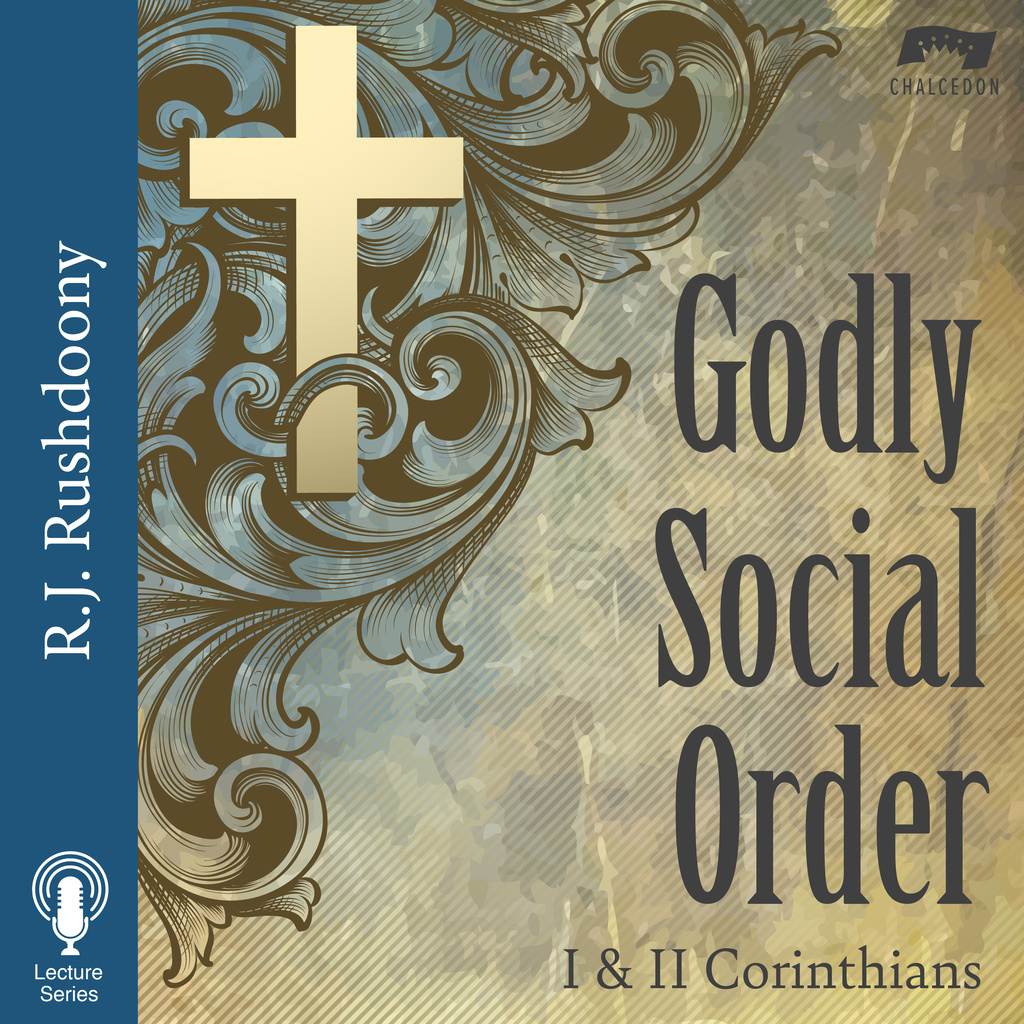
Paul's Defense (II Corinthians)
Paul’s defense is really not a self-defense, but a defense of the gospel. Because his defense is Jesus Christ. His faithfulness is his problem, not any sin on his part. Then, as now, people want Christ on their own terms, not on His. As a result, there was no desire to have Christ in terms of scripture in Corinth, but only in terms of themselves. They wanted salvation but no commitment. They wanted to say yes to Jesus, but their yes did not mean obedience.

- R. J. Rushdoony
Paul’s defense is really not a self-defense, but a defense of the gospel. Because his defense is Jesus Christ. His faithfulness is his problem, not any sin on his part. Then, as now, people want Christ on their own terms, not on His. As a result, there was no desire to have Christ in terms of scripture in Corinth, but only in terms of themselves. They wanted salvation but no commitment. They wanted to say yes to Jesus, but their yes did not mean obedience.

- R. J. Rushdoony
Rev. R.J. Rushdoony (1916–2001), was a leading theologian, church/state expert, and author of numerous works on the application of Biblical law to society. He started the Chalcedon Foundation in 1965. His Institutes of Biblical Law (1973) began the contemporary theonomy movement which posits the validity of Biblical law as God’s standard of obedience for all. He therefore saw God’s law as the basis of the modern Christian response to the cultural decline, one he attributed to the church’s false view of God’s law being opposed to His grace. This broad Christian response he described as “Christian Reconstruction.” He is credited with igniting the modern Christian school and homeschooling movements in the mid to late 20th century. He also traveled extensively lecturing and serving as an expert witness in numerous court cases regarding religious liberty. Many ministry and educational efforts that continue today, took their philosophical and Biblical roots from his lectures and books.